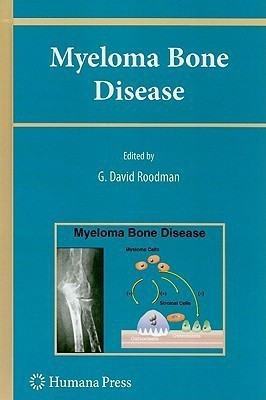Myeloma Bone Disease(English, Hardcover, unknown)
Quick Overview
Product Price Comparison
Multiple myeloma is the second most common hematologic malignancy and c- rently affects approximately 50,000 people in the United States. Each year about 20,000 people are diagnosed with myeloma. Although new treatments have been developed, which signi?cantly prolong the survival of patients, myeloma bone d- ease still remains a major cause of severe morbidity and increased mortality in patients with myeloma. Myeloma bone disease is characterized by "punched out" lytic lesions caused by increased osteoclastic bone destruction accompanied by suppressed or even absent osteoblast activity. Advances in our understanding of both the pathophysiology of myeloma bone disease and the development of novel agents that target speci?c pathways involved in both the increased osteoclast f- mation and the suppressed osteoblast activity in myeloma provide new hope for these patients. The treatment of myeloma bone disease was revolutionized by cl- ical trials that demonstrated the signi?cant bene?t of intravenous bisphosphonate therapy in patients with myeloma bone disease. With the identi?cation of many of the cytokines and chemokines involved in myeloma bone disease, novel th- apies such as denosumab that blocks RANKL activity, anti-DKK1, which targets the inhibition of osteoblast activity by blocking Wnt signaling inhibition, and the potential anabolic effects of agents such as bortezomib and activin have greatly improved our potential to block the progression or reverse myeloma bone disease.


